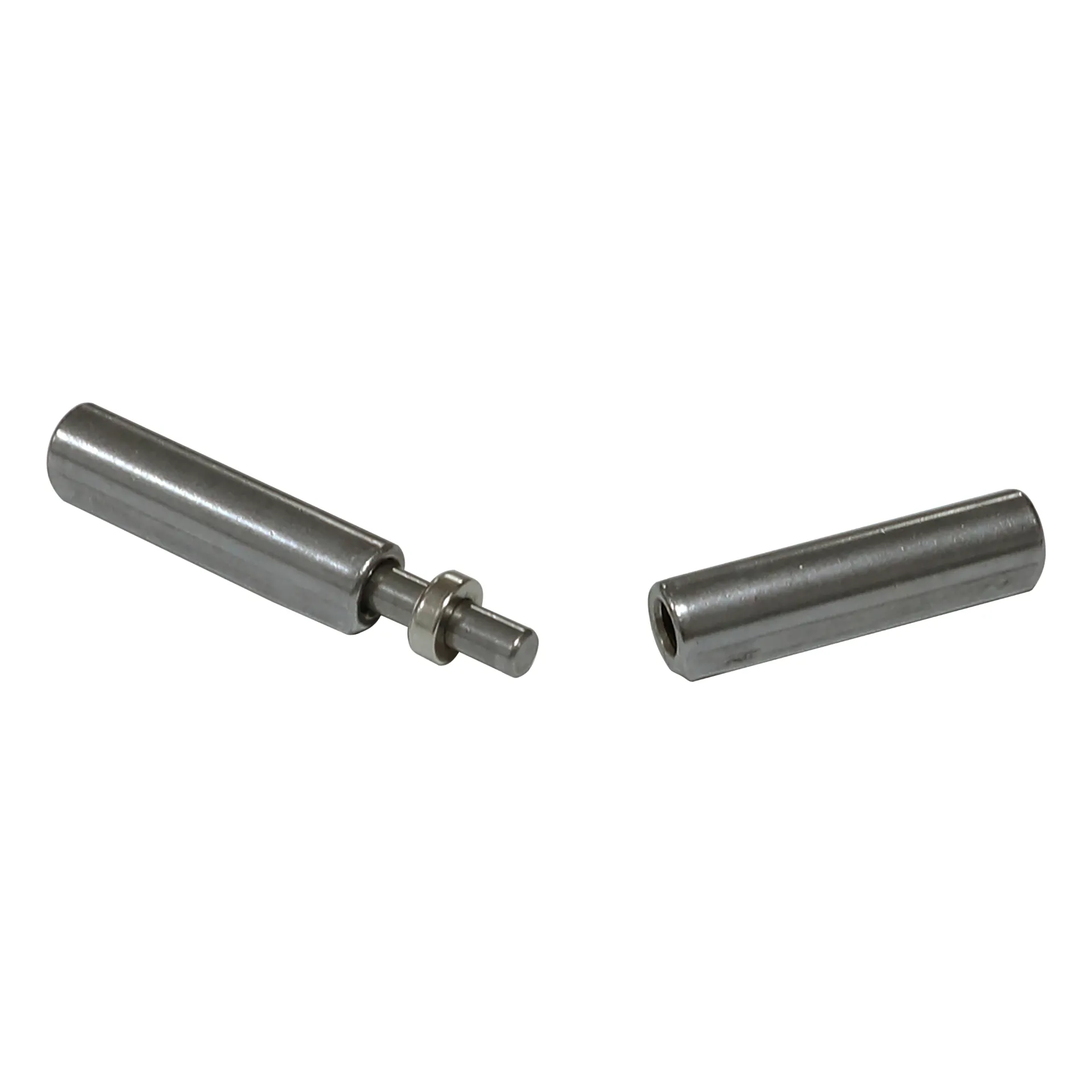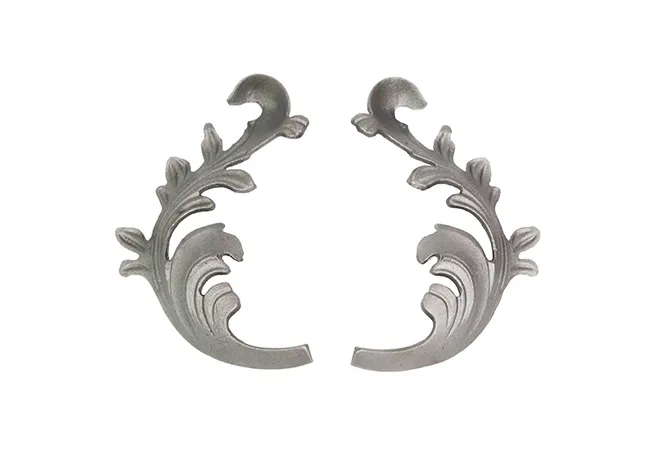
Th2 . 13, 2025 12:41
Back to list
enclosed trailer rear door hinge
Pipe hinges are an essential component in various industrial and residential applications, offering a unique blend of flexibility, strength, and durability. These hinges connect different sections of pipes, allowing for rotational movement and providing structural support where needed. Experienced professionals in the field have observed that selecting the right type of pipe hinge can significantly enhance the longevity and efficiency of the system it is used in.
Trustworthiness in the selection and use of pipe hinges extends beyond standards—it delves into the reliability of the manufacturers as well. Reputable companies with a history of producing high-quality hardware are often preferred. Users have attested to the importance of collaborating with manufacturers who provide not only premium products but also comprehensive support and consultation services. These services can include installation guidance, maintenance tips, and even custom solutions tailored to specific project needs. Case studies from various industries illustrate the practical applications and advantages of using pipe hinges. For instance, in the agricultural sector, they facilitate the functioning of irrigation systems by allowing pipes to pivot and realign as necessary, maximizing water delivery efficiency. In mechanical installations, pipe hinges can help in minimizing vibration and noise, a critical factor in maintaining machinery performance and extending its operational lifespan. For individuals and businesses invested in piping projects, the investment in high-quality pipe hinges is one that will reflect positively in overall system performance. Seek out reviews and feedback from other professionals and users who have employed similar products in their projects. Observations and testimonials from real-world applications provide valuable insights into potential pitfall avoidance and highlight aspects that contribute to successful deployments. In conclusion, embracing the right pipe hinge, backed by expert advice and authoritative standards, can make a significant difference in the success of piping projects. Whether you're aiming for efficiency, flexibility, or durability, a well-informed choice grounded in real-world experience and reliable expertise will ensure the trustworthiness of your installation. As industries advance and the demand for robust and adaptable infrastructure grows, the role of components like pipe hinges will undoubtedly continue to advance, driving innovations and setting new benchmarks in construction and design.


Trustworthiness in the selection and use of pipe hinges extends beyond standards—it delves into the reliability of the manufacturers as well. Reputable companies with a history of producing high-quality hardware are often preferred. Users have attested to the importance of collaborating with manufacturers who provide not only premium products but also comprehensive support and consultation services. These services can include installation guidance, maintenance tips, and even custom solutions tailored to specific project needs. Case studies from various industries illustrate the practical applications and advantages of using pipe hinges. For instance, in the agricultural sector, they facilitate the functioning of irrigation systems by allowing pipes to pivot and realign as necessary, maximizing water delivery efficiency. In mechanical installations, pipe hinges can help in minimizing vibration and noise, a critical factor in maintaining machinery performance and extending its operational lifespan. For individuals and businesses invested in piping projects, the investment in high-quality pipe hinges is one that will reflect positively in overall system performance. Seek out reviews and feedback from other professionals and users who have employed similar products in their projects. Observations and testimonials from real-world applications provide valuable insights into potential pitfall avoidance and highlight aspects that contribute to successful deployments. In conclusion, embracing the right pipe hinge, backed by expert advice and authoritative standards, can make a significant difference in the success of piping projects. Whether you're aiming for efficiency, flexibility, or durability, a well-informed choice grounded in real-world experience and reliable expertise will ensure the trustworthiness of your installation. As industries advance and the demand for robust and adaptable infrastructure grows, the role of components like pipe hinges will undoubtedly continue to advance, driving innovations and setting new benchmarks in construction and design.
Next:
Latest news
-
Unique Design Ideas for Wrought Iron Wall DecorNewsJul.21,2025
-
Stainless Steel Pulley for Marine ApplicationsNewsJul.21,2025
-
Safety Features in Industrial Track PulleyNewsJul.21,2025
-
Precision Tolerances for 2 Inch U Groove WheelsNewsJul.21,2025
-
Iron Fence Spears Corrosion Protection MethodsNewsJul.21,2025
-
Iron Decorative Panels for Balcony ScreensNewsJul.21,2025
-
Industrial Applications Requiring Heavy Duty PulleyNewsJul.21,2025












